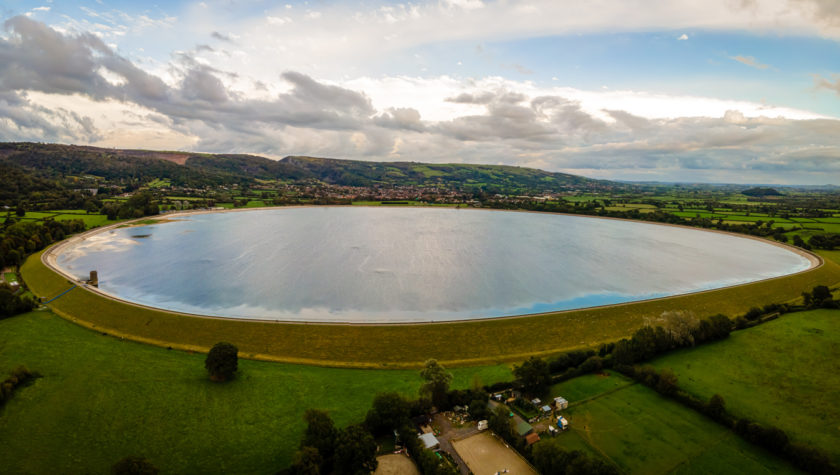Commitments by water companies to take action together to secure long term water supplies for consumers and businesses in England have been welcomed by the Commission as an important step towards achieving long term resilience to drought.
Consultations are now underway on new draft water resource management plans by the five regional water resources groups. The plans for consultation – such as that announced yesterday by Water Resources South East – commit the companies to coordinate at a regional level for the first time, and to take a range of steps to increase water supplies sufficient to achieve drought resilience equivalent to the risk of a one in five hundred drought. In addition, the plans require suppliers to halve the levels of leakage from the water network by 2050 and reduce levels of usage to 110 litres per person per day.
Sir John Armitt, Chair of the National Infrastructure Commission, said:
“The collaborative spirit with which water companies and regulators have engaged in forming these regional plans can only be welcomed, especially given the significance of the task at hand to secure England’s future water supply and respond to potential challenges created by the pandemic. Like pieces of a puzzle, when fitted together these plans should create a clear national picture of water resource management, which is essential to deliver our recommendation – endorsed by government – of securing the long term resilience of the water supply in the face of increased drought risk and growing demand.
“The ambitious targets the companies have set to reduce demand are crucial, and will require a range of measures to reverse current usage trends that can only be achieved with further action by government, companies and, indeed, each of us. With clear targets in place to drive long term improvements and the support of regulators, reflecting an approach long championed by the Commission, these plans represent an important milestone.”
The creation of regional water resource groups followed recommendations in the Commission’s 2018 report Preparing for a drier future, which highlighted the need for 4400 Ml per day of extra supply by the year 2050 to ensure England’s future resilience to drought. The Commission also called for co-ordinated joint action by water companies to improve water resource planning in order to reduce demand for water, through:
- action by the regulator Ofwat to ensure 1,300 Ml/day is provided through a national water transfers network and additional supply infrastructure by the 2030s
- a commitment to halve leakage by 2050
- compulsory metering nationwide and the wider roll out of smart meters
- action to reduce consumption to 118 litres a day for each water user.
In response, in 2020 the Environment Agency – which is responsible for the management of England’s water supplies – in its first National Framework for Water Resources included a new requirement on water companies to collaborate in order to effectively meet the long term water needs of England’s regions.




